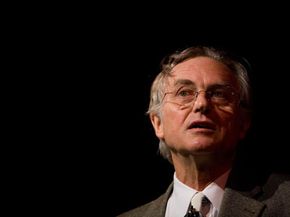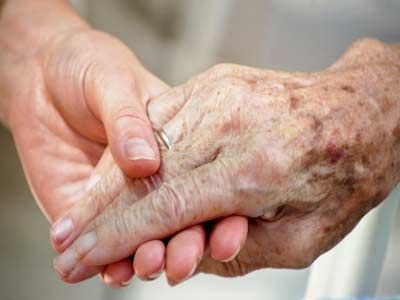Some biologists pooh-poohed the Einstein College study's findings; if genetics plays a role in longevity, then life-extending genes should appear in both men and women. There is, however, an argument that supports women being blessed with longevity genes over men. Specifically, women play a more important role in genes' main concern -- reproduction.
There is a school of thought, posited by biologist Richard Dawkins, that every organism that can reproduce is merely a vessel for the transference of its genes. It makes sense: While humans live and die, our genetic lines can live on indefinitely through reproduction. In essence, the individual has a mutually beneficial relationship with his genes.
Under Dawkins' theory, then, genes couldn't care less if we can live forever, since we need only reproduce to fulfill our genetic destiny. This is the predominant view of evolutionists and geneticists, although it has been amended somewhat over the years. Obstetrician/gynecologist Ruth Fetts pointed out that since women play such a vital role in human reproduction and child rearing, a gene that extended their healthy lives should also extend the length of time a woman can reproduce, hence improving the chances of producing and raising more offspring.
Clearly, there are several competing theories and genes that explain genetic longevity. It's interesting that none seem to contradict the others. More likely than a single gene, there are probably a number of genes working in conjunction to maintain longevity. It would be a difficult job to keep a human healthy through genetics alone. In addition to disease and environmental factors -- like cigarette smoke, a poor diet, alcohol or other bad habits -- cells would have to be protected from the Hayflick limit. This is the maximum number of times a cell can divide in its lifetime. Biologist Dr. Leonard Hayflick noticed that cells divided 50 times before stopping. As the cells approached 50 divisions, they divided less rapidly. Being a curious fellow, Dr. Hayflick tinkered with cells, removing the nuclei of old cells and replacing them with young ones. He found the cells divided again with renewed vigor, slowing again as they reached 50 divisions before stopping.
This finding led Hayflick to conclude that cells have a set life span governed by our DNA. Logically, then, any gene that extends cellular life should also extend the life span of the animal the cells comprise.







